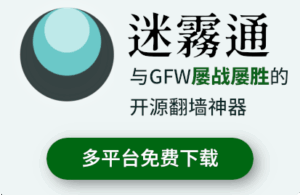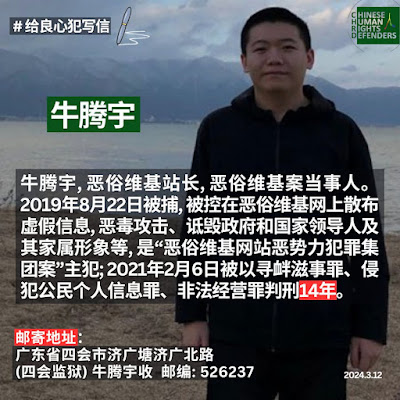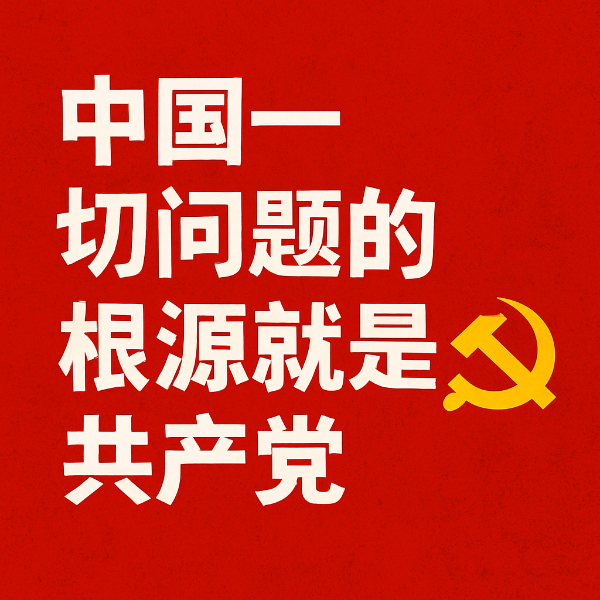时代周刊上一篇乌克兰作家写的一篇关于俄罗斯民族的社论,觉得挺有意思,很多对俄罗斯人心态的描述也适用于中国,在这里分享给各位葱油。读了之后,觉得俄罗斯人脑子的坑,不亚于五毛。俄罗斯想要成为正常国家,就必须像日本德国一样完全失败,并在外界的监督下,彻底放弃其帝国野心。
以下是文章的部分节选
Russia’s Problems Go Far Beyond Putin
YAROSLAV HRYTSAK
In a recent interview on Ukrainian television, Viktor Shenderovich, a Russian critic of Putin who escaped to Israel, urged us not to judge all Russians too harshly, as they are nothing but hostages. And it is not right to blame hostages.
在最近的乌克兰电视上,逃到以色列的普京的反对者Viktor Shenderovich呼吁,不要过于谴责所有俄罗斯人,因为他们不过是普京的人质而已,我们不应该去怪人质。
If this is true, it is only partially so. The whole truth is that Russians surrendered and became hostages voluntarily. Before Putin came to power in 2000, opinion polls in Russia showed that most Russians were ready to trade freedom for order, were openly hostile to the West, and dreamed of a strong hand—primarily of a military force that would be respected and feared by the world.
Viktor Shenderovich观点可能只是部分正确。事实上,俄罗斯是自愿成为普京的人质的。即便在普京上台之前,一个2000年的民意调查就显示,大多是俄罗斯人愿意用自由去换取秩序,对西方毫无好感,希望有一个强大的领导人和一支让世界尊重和畏惧的军队。
In other words, behind the real Vladimir Putin stands the collective Putin of the Russian people. Moreover, Putin is not just collective—he is repetitive. Over the past two hundred years, Russia has gone through several periods of liberalization. Each of these periods was followed by another of repression. Suffice it to say that Putin came to power after the reforms of Gorbachev and Yeltsin.
换言之,普京后面是无数支持他的俄罗斯民众。而且普京也不是独一无二的,普京这样的独裁者在俄罗斯历史上反复出现。在过去两百年间,俄罗斯有好几次进步开明的时代,紧接着就是落后和压迫。普京就是在戈尔巴乔夫和叶利钦的改革后上台的。
Historians call this phenomenon the Russian pendulum. Due to its swings, Russia never managed to form a society of citizens. Russians remain largely a community of subjects with low public trust and solidarity. If they lack these when it comes to their own relations, why should they show solidarity with their neighbors?
历史学家称其为俄罗斯钟摆(Russian Pendulum)。因此,俄罗斯也从未有过健全的公民社会。俄罗斯民众普遍缺乏凝聚力和信任感。如果俄罗斯对自己的民众都没有同情心,如何指望他们能对邻国有同情心呢?
Ukrainians’ past and present give them a special insight into Russian history. Even during periods of democratization, the Russian authority view of the Ukrainian question was not amicable. The Ukrainian language was officially banned twice during the liberal reforms of Alexander II. Gorbachev claimed that Ukrainians themselves did not want their children to learn Ukrainian.
乌克兰的过去和现在让我们可以更能看清俄罗斯历史。即使在相对民主的时代,俄罗斯政府也是对乌克兰并不友好。在亚历山大二世的改革中,他曾两次禁止说乌克兰语。戈尔巴乔夫甚至说乌克兰人自己都不想自己的孩子学习乌克兰语。
【更多俄罗斯人鄙视乌克兰文化的例子,在此略过】
At the heart of this attitude towards Ukrainians is the sense of “how wonderful it is to be Russian.” In the minds of many Russians, Russia is not just another country. It is a country with a great mission—namely, to save the world from the corrupting influence of the spoiled West. For this reason, all things Russian must be great: its territory, its army, even its language has to be (as one Russian genius put it) “great and mighty.” Neighboring nations who reject this great mission are, at best, silly children in need of education, at worst, scoundrels and traitors who must be decimated, deported, and so on. In either case, they cannot be left to their own devices to sort out their own happiness.
俄罗斯人对乌克兰人的看法是,你们乌克兰能成为俄罗斯的一部分真是美妙无比。在许多俄罗斯心中,俄罗斯不仅仅只是一个国家,更是一个有伟大使命的国家,这个使命是将世界从堕落的西方文明中拯救出来。因此,但凡是俄罗斯的,就是伟大的。那些拒绝俄罗斯使命国家的邻国们,往好了说就是愚蠢的孩童,往坏了说就是必须被流放和摧毁的叛徒。无论怎样,俄罗斯都必须好好管教这些邻国。
It seems that buried deep behind Russian megalomania is an inferiority complex. Russians cannot fathom how, after emerging victorious over Napoleon and Hitler, they are now living worse than the French and the Germans. Similar to Aesop’s fable of the fox and the grapes, the constant failure to “catch up and overtake the West” pushes many to conclude that “the West” is not for them. Russia is no country, but a separate Civilization, to which “Western rules” do not therefore apply. Accordingly, many Russians are prepared to suffer privations themselves or inflict equal suffering on their neighbors, if it proves Russia’s greatness to the world.
俄罗斯自大的表面下其实隐藏着深深的自卑情结。俄罗斯不能理解为什么,在打败了拿破仑和希特勒之后,俄罗斯人过的反而不如法国和德国人。就像伊索寓言里那只吃不到葡萄说葡萄酸的狐狸一样,俄罗斯总是无法赶超西方,这让许多俄罗斯人认为西方模式并不适合自己。俄罗斯不是一个国家,而是一种异于西方的文明。俄罗斯人愿意干于贫苦或者侵略邻国,只要这可以证明俄罗斯的伟大。
【再略过几段说俄罗斯灵魂问题的段落】
In my humble opinion, the Russian question can be resolved by mirroring Putin’s plans toward Ukraine. He demanded “denazification” of Ukraine—well, Russia will have to undergo “de-Russification.” That is, it must abandon its ambitions of becoming a “Greater Russia” and become a normal country. But above all Russia has to do what Ukrainians are doing: hold political reforms, after which no Putin, individual, collective, or repetitive, is possible. Russia would have to do this by itself—but with outside support, or even outside supervision, in exchange for the lifting of sanctions.
在我看来,俄罗斯问题可以用普京自己的方案解决:去大俄罗斯主义,也就是说俄罗斯必须抛弃她成为俄罗斯帝国的野心,才能成为一个正常国家。首要的是俄罗斯必须像进行政治改革,防止下一个普京的出现。俄罗斯必须自己解决问题,但是在外界的帮助甚至监督下,才能换来制裁解除。








